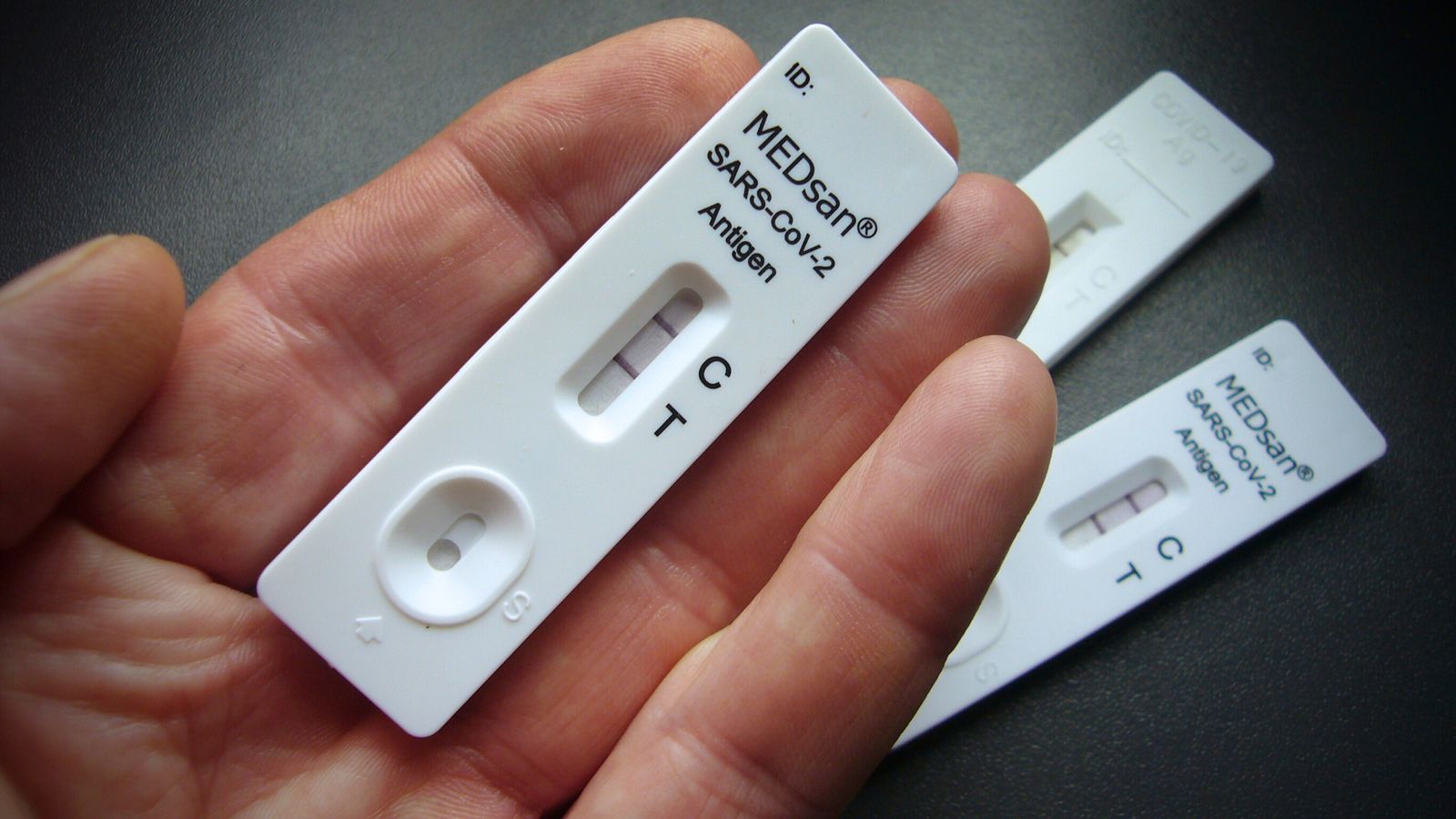People with COVID are at increased risk of developing diabetes or cardiovascular diseases in the weeks following infection, according to a new study.
Scientists said the chances of diabetes was higher in the three months after a COVID infection – but returned to normal after 23 weeks.
The higher risk of cardiovascular diseases lasts for seven weeks, they added.
But they emphasised there was no evidence of an increase in the long-term risk for such health problems.
In the study published in PLOS Medicine by researchers at King’s College London, the experts said “particular vigilance” among both patients and doctors is needed in the period after catching COVID.
Professor Ajay Shah, British Heart Foundation chair of cardiology and Executive Dean of the Faculty of Life Sciences & Medicine, said the findings “will be extremely valuable to doctors managing the millions of people who have had COVID”.
“It is clear that particular vigilance is required for at least the first three months after COVID-19,” he added.
Backlash in China after authorities raid homes to find ‘close contacts’ of those infected with coronavirus
NHS must ‘redouble’ efforts to vaccinate hard-to-reach communities as cases rise, MPs warn
COVID-19: Autumn booster and flu jab to be extended to over 50s to reduce hospital admissions
Medical records from more than 428,000 COVID patients were used for the research.
Read more:
Relentless pressure on emergency departments is taking its toll
There were 81% more cases of diabetes diagnosed in the first four weeks after COVID – the risk remained elevated by 27% for up to 12 weeks.
Coronavirus was also linked with a six-fold increase in the diagnosis of cardiovascular conditions – but the risk declined five weeks after infection and returned to “baseline levels or lower” within 12 weeks to one year.








